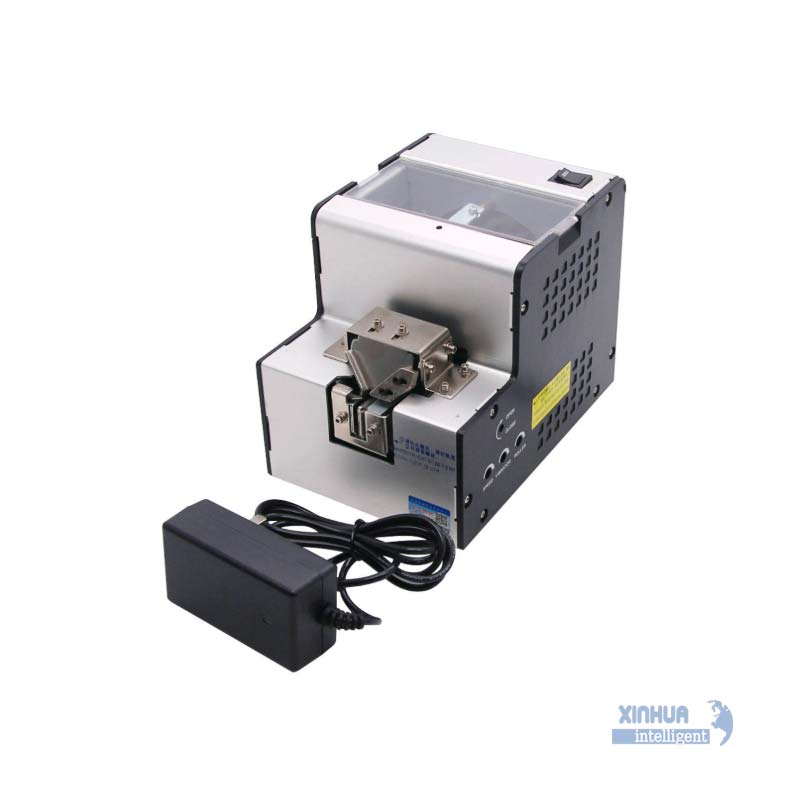Some feeders, like the XinHua XY-S2620 models, offer compatibility for screw size ranges such as M1.0 - M3.0 or M2.0 - M5.0 by changing rails. The ohter feeders and similar industrial models also provide options for handling differently shaped and sized screws, often with customizable features for production needs. Robotic and vibration bowl type feeders commonly supply screws in certain size ranges and may have multiple rail sets for different screw diameters.

Considerations for Choosing a System
Screw characteristicsFor delicate screws, such as those with sensitive coatings or made of lightweight materials, a feeder that handles them with care is crucial to prevent damage.
Automation requirements
The level of automation needed will influence the type of screw feeder to choose, according to XinHua.
Changeover time
The ability to switch between different screw types or sizes quickly is a significant factor for maintaining production efficiency, with some systems allowing changeovers in just minutes.
Customization
The ability to customize the system for specific applications by adjusting parameters like feeding speed and torque control can enhance efficiency.
